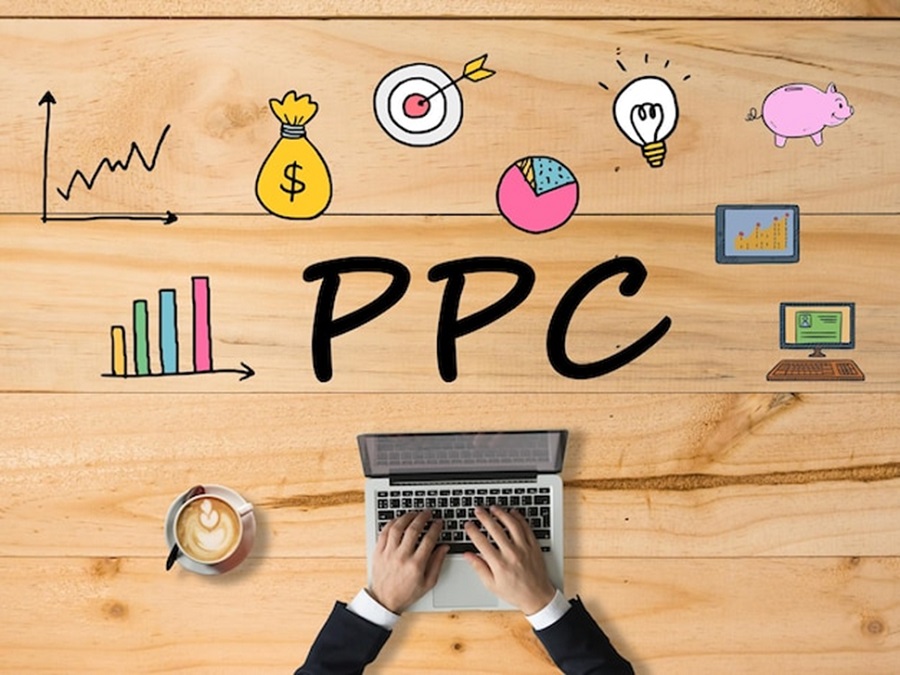
Crafting a successful Pay-Per-Click (PPC) campaign involves more than just setting it up and letting it run. You need to continually monitor your campaign’s performance and make data-driven adjustments to maximize its effectiveness. But how do you measure the success of your PPC campaigns? In this guide, we will break down the essential KPIs and guide you on how to optimize your PPC campaigns for success.
Key Performance Indicators (KPIs) for PPC Success
Click-Through Rate (CTR)
CTR measures the percentage of individuals who click on your ad compared to the total number of impressions. A high CTR indicates that your ad is grabbing the attention of your audience and driving them to your website.
Conversion Rate
The conversion rate represents the percentage of users who complete a specific desired action, such as submitting a contact form, after clicking on your ad. An optimized campaign should consistently drive high-quality traffic that converts into leads or sales.
Cost per Conversion
This KPI represents the amount you spend to generate one conversion. The lower your cost per conversion, the higher your return on investment. Monitoring your cost per conversion helps ensure your campaign remains profitable.
Quality Score
Google uses Quality Score to evaluate the relevance and quality of your ads and keywords. For instance, if you are a bariatric surgeon, a higher quality score can result in lower costs and better ad placements, positively impacting your weight loss PPC overall performance.
How to Optimize Your PPC Campaign for Success?
Review and Refine Your Keywords
Continually monitor the performance of your keywords and remove underperforming ones. Focus on long-tail keywords with lower competition and higher conversion potential to increase your campaign’s effectiveness.
Improve Your Ad Copy
Ad copy plays a significant role in attracting users to click on your ad. Experiment with different headlines, descriptions, and calls to action to identify the best-performing combinations that resonate with your target audience.
Optimize Your Landing Page
Your landing page plays a crucial role in converting users into customers. Enhance your landing page’s performance by designing it with clear CTAs, relevant headlines, and engaging content tailored to your target audience.
Adjust Bids and Budgets
Regularly reviewing your bids and budget allocation can significantly impact the performance of your PPC campaign. Optimize your budget by focusing on the keywords, ad groups, and campaigns that drive the highest return on investment.
The Importance of Tracking PPC Performance Over Time
PPC campaign optimization is an ongoing process requiring constant adjustments and improvements. Refer to this blog post on how long it takes for PPC to work to understand the vital timeline aspect of PPC success.
In Conclusion
Measuring the success of your PPC campaign is a vital part of your overall digital marketing strategy. Focusing on these KPIs and optimization strategies will enable you to make data-driven decisions and maximize the revenue of your weight loss PPC campaigns. So, keep monitoring your campaign’s performance and make adjustments to get the best results. Good luck!






